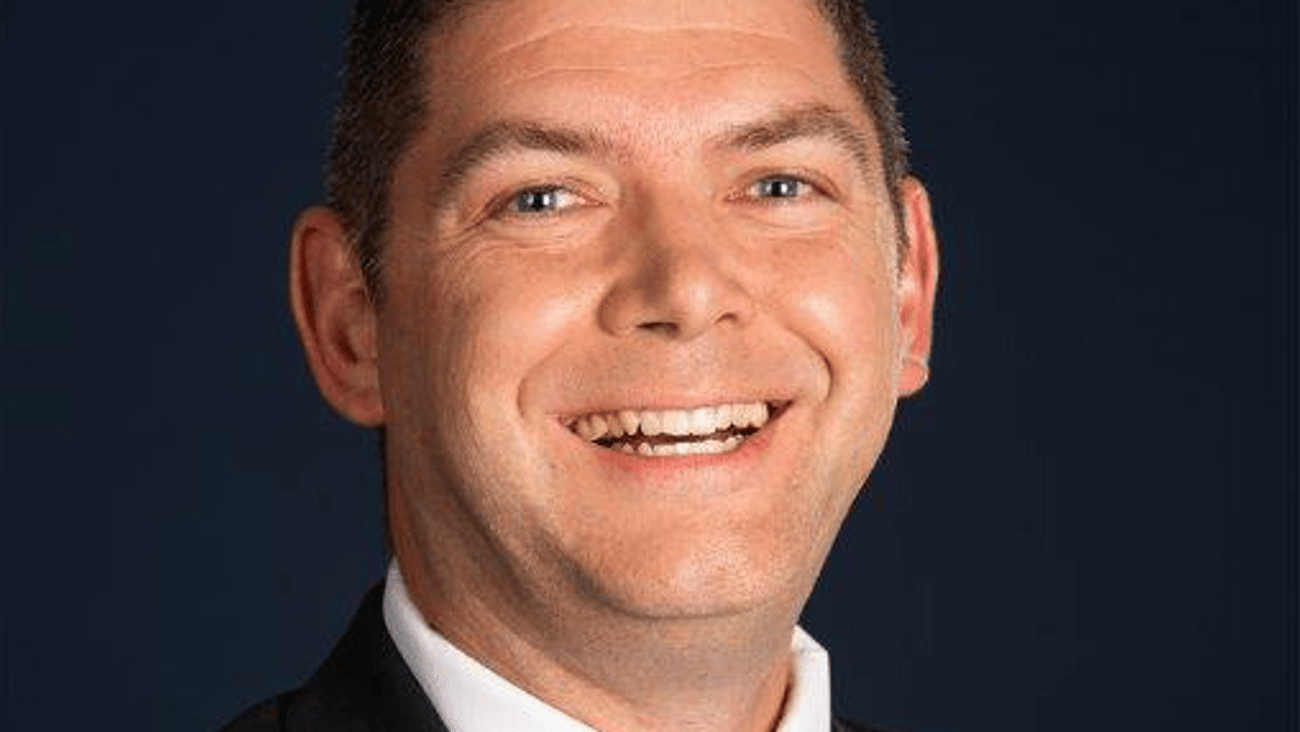The Hope of Healthcare: Risk management
When I entered pharmacy school, one of the first activities we did was take a Myers-Briggs personality test. For those of you unfamiliar with this test, there are four domains, each with two options, that identify 16 different personality types. What was fascinating to me was that in my class of some 120 students, over 90% scored exactly the same way. The first domain identified whether a person was an extrovert or an introvert. Would it surprise you to find that up to 90% of my classmates (including me) scored as introverted?
I do not know if pharmacy students still take that test, or if they do, what the distribution of personality types is today, but I do know one thing:
Many pharmacists are highly sensitive to risk.
I would actually go so far as to say that pharmacists are largely risk averse. And for good reason. We hold people’s lives in our hands. If you have ever made a dispensing error, it sticks with you. How I wish I could tell you that I have never made a dispensing error, but I cannot.
I have shared with you before how I have worked in about 30 pharmacies throughout northwestern Pennsylvania throughout my career. There is something unique and special about each one. One pharmacy had an index card clipped to the monitor of one of the dispensing stations that had a doxazosin 4mg tablet and a warfarin 4mg tablet taped to it. When I asked why it was there, I was told it was a reminder of an error one of the pharmacists had made. He erroneously dispensed the warfarin instead of the doxazosin (both products were brand name only at the time) and had set this up as a reminder in order not to make the same mistake again.
If you have ever made a dispensing error, you know how horrible that feeling is.
I am not saying that making a dispensing error makes you risk averse. But things like this contribute to being risk averse. I am certain there are many other things that contribute as well.
We need to have a reasonable understanding of risk to be able to manage it. According to a Google search:
Risk (noun): a situation involving exposure to danger.
Risk (verb): to expose someone or something valued to danger, harm, or loss.
With definitions like these, it is easy to see why people do not like risk.
But answer this: do you like fireworks? At Walt Disney World, several of the theme parks end the day with firework spectaculars. Thousands of people gather to see them. You would think that would make things even riskier, wouldn’t you? Let’s play with some explosives and bring hordes of people together when we do it. How does this make sense at all? It makes sense when we consider risk management.
When I worked for a large corporation, we had a risk management department that reviewed the things we intended to do. Sometimes they would tell us no, other times yes.
The thing about risk is that there are many things we can do to manage it. Some will increase the risk. Other things can reduce it.
As a general rule, increasing our knowledge and gaining experience will reduce our risk.
Think about it this way: how much risk would there be if you performed brain surgery today? A ton! Speaking for myself, the risk would be 100%. There would be no hope of success. However, what does the risk look like for a brain surgeon? It is much lower. The difference? Education and experience.
The lesson to take from this is that as we gain more education and experience, we can reduce our risk.
We may not be able to avoid risk, but we can manage and reduce it. If pharmacists are the hope of healthcare, there will be some risks that have to be managed. Take a moment to encourage yourself with things you have done before to manage risk personally and professionally.
Until next time
Jesse McCullough, PharmD
Connect with Jesse on LinkedIn



